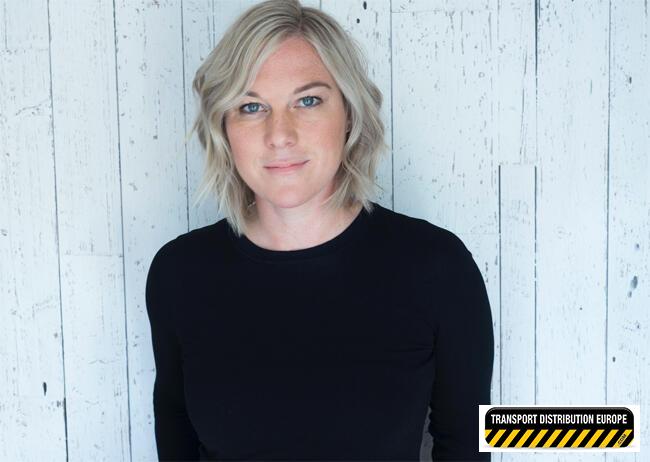Air cargo industry must learn to operate like the global defence sector to thrive in modern age
Jul 11, 2018
Air freight must revolutionize the way it runs itself, modelled more on the USD1.7 trillion global defence sector, if it is to thrive in the modern age, according to OMX Founder and 'Dragon' Nicole Verkindt.

Air freight must revolutionise the way it runs itself, modelled more on the USD1.7 trillion global defence sector, if it is to thrive in the modern age, according to OMX Founder and 'Dragon' Nicole Verkindt.
Strong collaboration and visibility, as well as the embracing of digitisation, are all concepts the military has long learned to master, and airfreight could easily apply many of those lessons due to the similar nature between the two industries.
Verkindt, who appears on the Canadian series 'Next Gen Den Dragons', was speaking ahead of her taking part in a panel exploring digital transformation, at TIACA's 2018 Air Cargo Forum in Toronto, Canada from 16th to 18th October.
"The defence and air freight sectors have a lot in common - both have huge supply chains that span the globe, both contain an increasing number of moving parts, tiers, and suppliers, and both are established industries that are still in the process of transitioning to digital solutions," she said.
"As supply chains become increasingly globalized and fragmented, there are more moving parts which means more chance for error. It can be difficult to align an organization, let alone an entire supply chain, but it's not impossible and the benefits are overwhelming."
Since founding OMX, a procurement network and supply chain platform, Verkindt has worked closely with the defence sector and now works with some 160,000 companies, which also span the energy, infrastructure, aerospace, and air freight industries.
"Unlike other commercial supply chains that may only require a forward pipeline, defence and air freight supply chains often require reverse and lateral ones too," said Verkindt.
"Military equipment has to be serviced and when it becomes obsolete, disposed of. Air freight also has to deal with maintenance and returns.
"Of course, more collaboration, visibility, and insights on an integrated platform is always going to be desirable but getting there is another matter entirely. That's why digital is such a game changer."
Verkindt added that lots of technologies start with the military and make their way down to civilian applications, "from computers, to the Internet, to RFID tracking technology".
"The next big technologies are all very exciting: Cloud and Blockchain technologies ensure networks are always online and available," she said.
"And Big Data analytics is offering insights that nobody would otherwise see, which can be done from a single platform or a network of platforms across the entire supply chain."
Verkindt will join the opening plenary on Digital Transformation: Brave New World or New Normal alongside Dheeraj Kohli from Unisys, Yuree Hong from S/HE Blockchainers, Robert Bigler from eBay Canada, and Arnaud Lambert from CHAMP Cargosystems.
Technological developments and innovation in air cargo will take center stage at TIACA's ACF, with other panels covering topics such as the power of Blockchain and Big Data, distribution logistics in the age of e-commerce, and the blurring line between logistics and technology services.
The three-day exhibition and conference will take place from 16th to 18th October 2018 at Metro Toronto Convention Centre, and will be co-located with the Canadian International Freight Forwarders Association (CIFFA)'s 70th anniversary conference, and the inaugural Multimodal Americas show, bringing together key stakeholders from across the entire global logistics industry.
